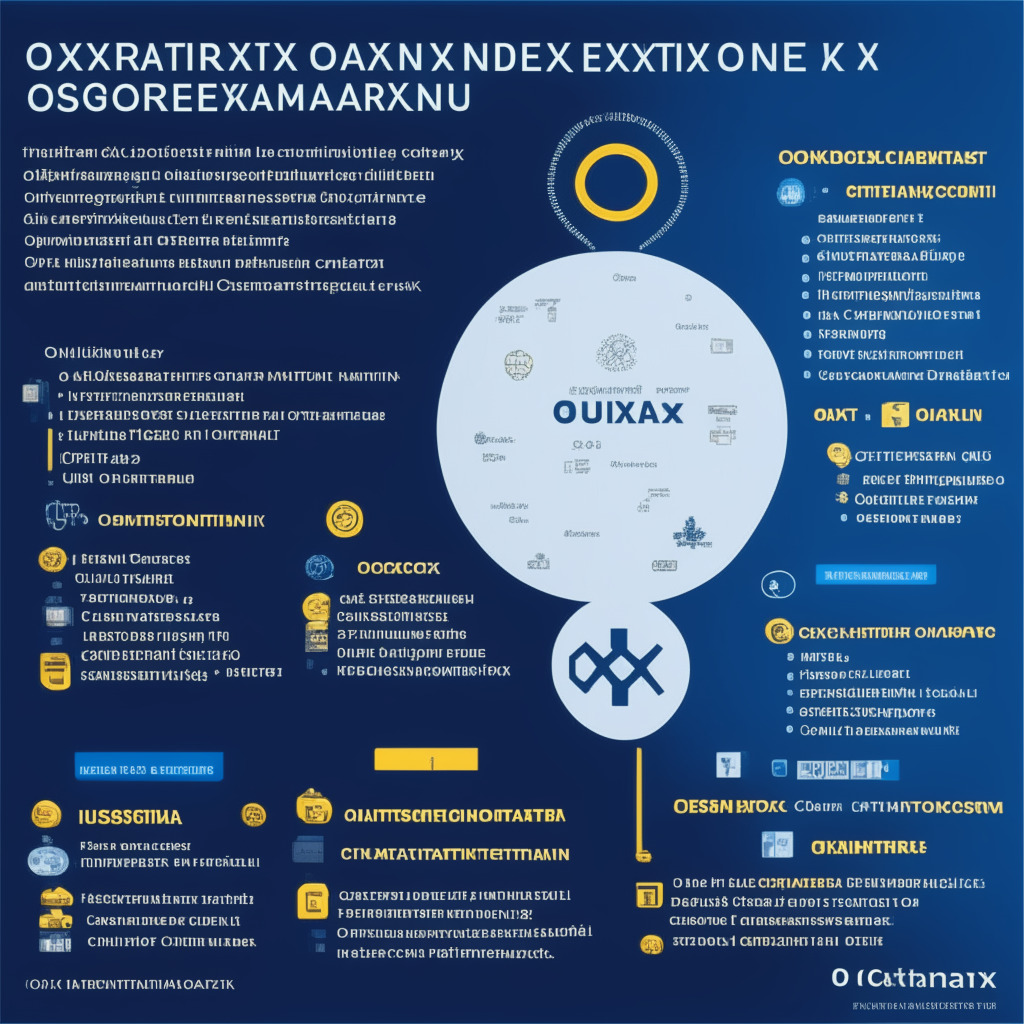The Hong Kong Police Force recently introduced CyberDefender, a metaverse platform developed by the Cyber Security and Technology Crime Bureau (CSTCB) that aims to educate the public about potential dangers associated with Web3 and the metaverse. As Hong Kong citizens face an increasingly digital age, the platform focuses on technology crime prevention, preparing users for the challenges ahead.
CSTCB’s chief inspector Ip Cheuk-yu stressed the importance of citizen safety in the metaverse at the platform’s official launch event. He pointed out that crimes happening in cyberspace, such as investment fraud, unauthorized access to systems, theft, and sexual offenses, could also occur in the metaverse. The decentralized nature of virtual assets in Web3 adds to the risks of asset theft, as cybercriminals can exploit endpoints, virtual asset wallets, and smart contracts.
Recent statistics show a rise in digital crime in Hong Kong, with a 75% increase in virtual asset crime levels during Q1 of this year compared to Q1 2022. This amounted to a total loss of $570 million. In response, the Hong Kong Police Force aims to raise awareness among teenagers by focusing on information technology education and promoting the prevention of technology crimes.
The CyberDefender metaverse platform serves as a vital tool for engaging young people in meaningful conversations about the metaverse and associated risks. It seeks to educate users on protecting themselves from potential dangers while navigating this digital world.
In related news, the capital city of China’s eastern Jiangsu province, Nanjing, recently launched the China Metaverse Technology and Application Innovation Platform. Led by the Nanjing University of Information Science and Technology, this initiative aims to promote research and development in the metaverse across the country.
As Hong Kong prepares to adopt a new regulatory regime in June, retail investors in the city will be permitted to trade specific “large-cap tokens” on licensed exchanges, provided that knowledge tests, risk profiles, and reasonable exposure limits are in place. Crypto exchanges must comply with robust investor protection measures, covering aspects such as onboarding, governance, disclosure, and token due diligence.
These recent developments illustrate Hong Kong’s push for Web3 and blockchain technology, positioning the city as a hub for digital innovation in Asia. By encouraging education and awareness around technology crime prevention and introducing new regulatory measures, Hong Kong seeks to ensure safety for its citizens as they navigate the rapidly evolving digital landscape.
Source: Cryptonews




